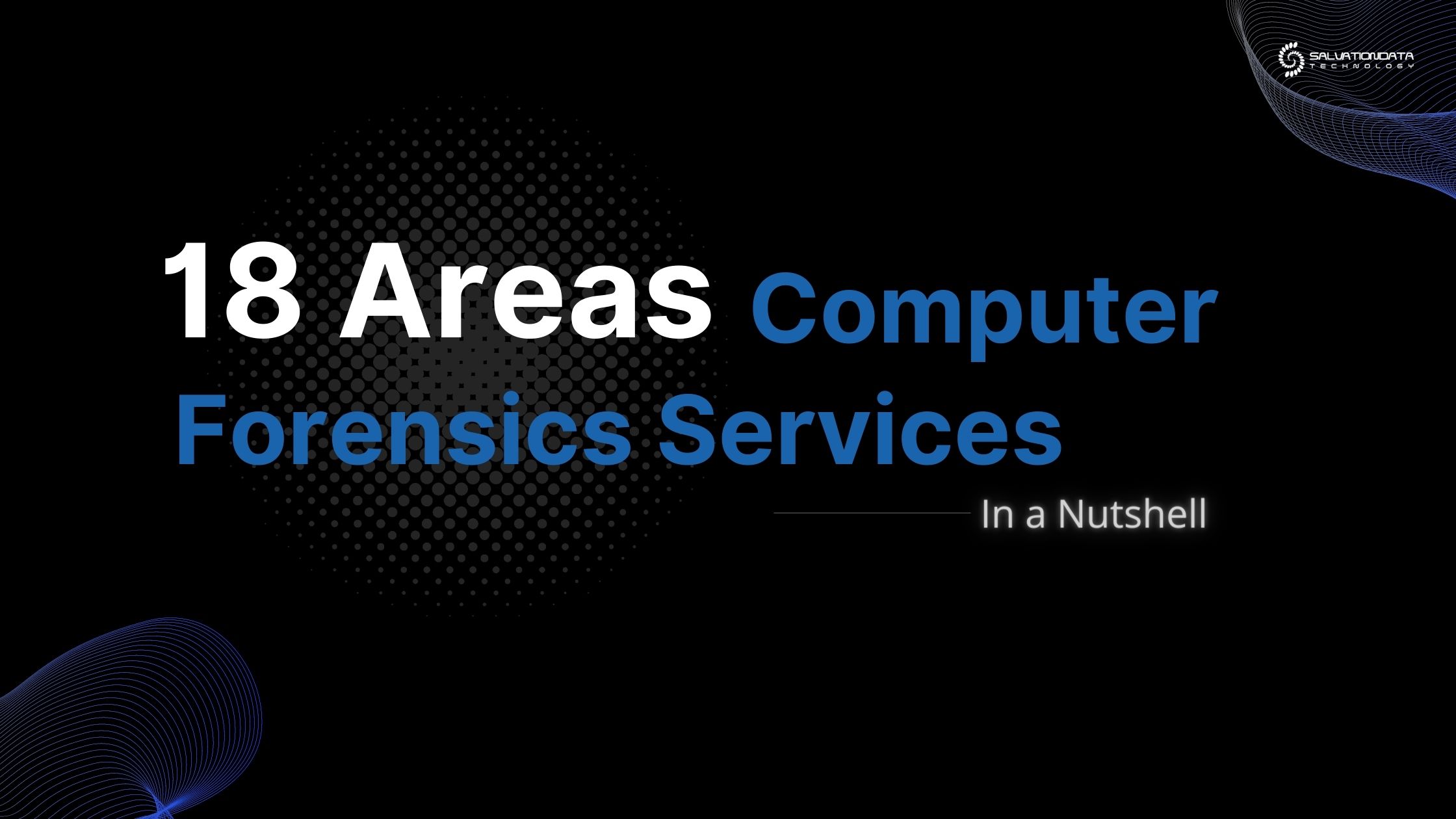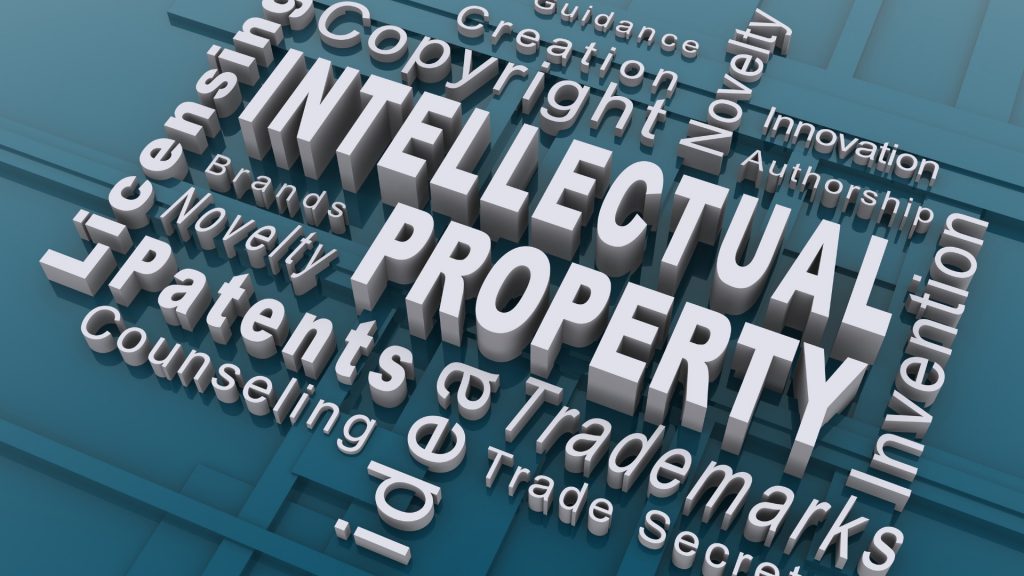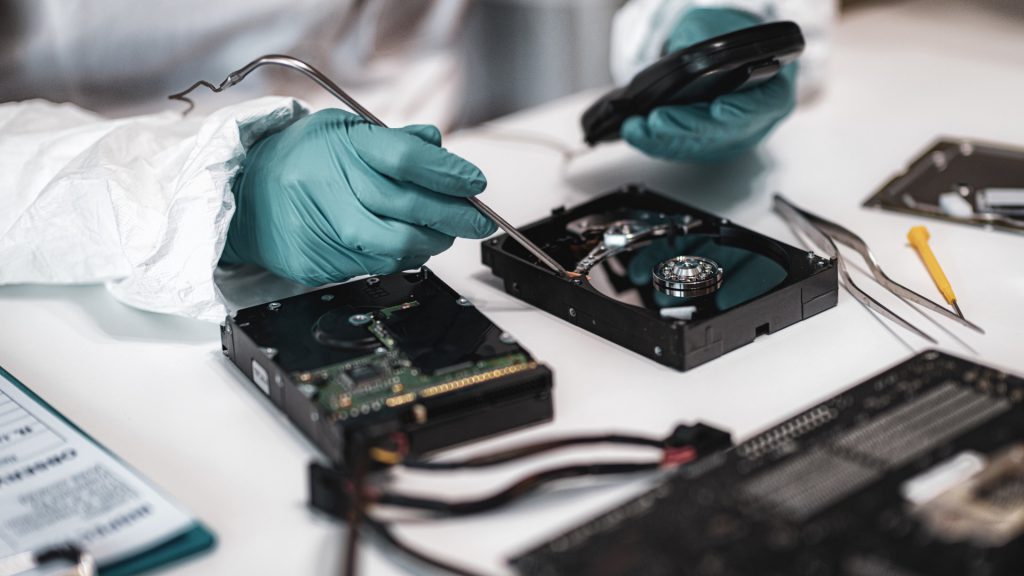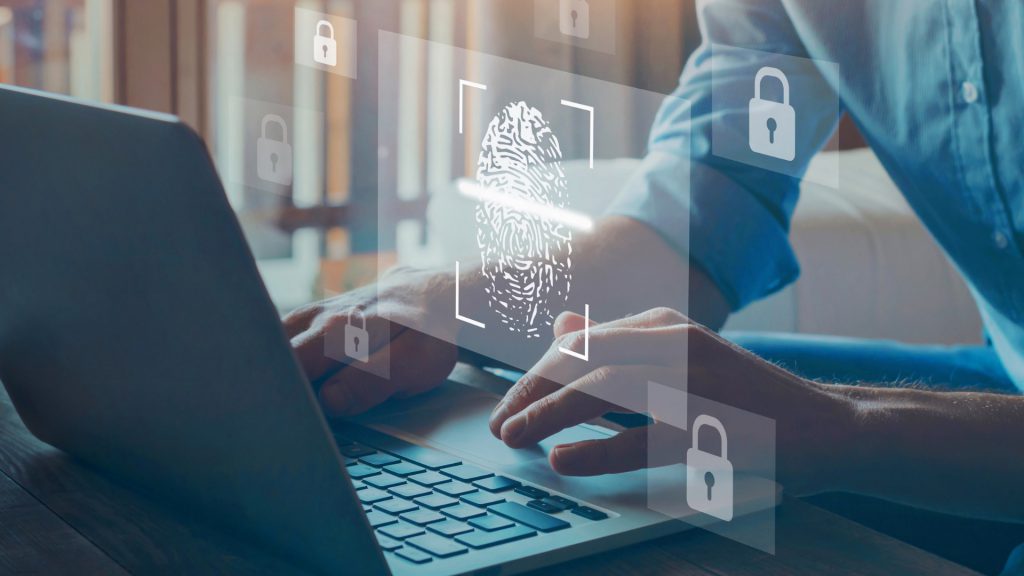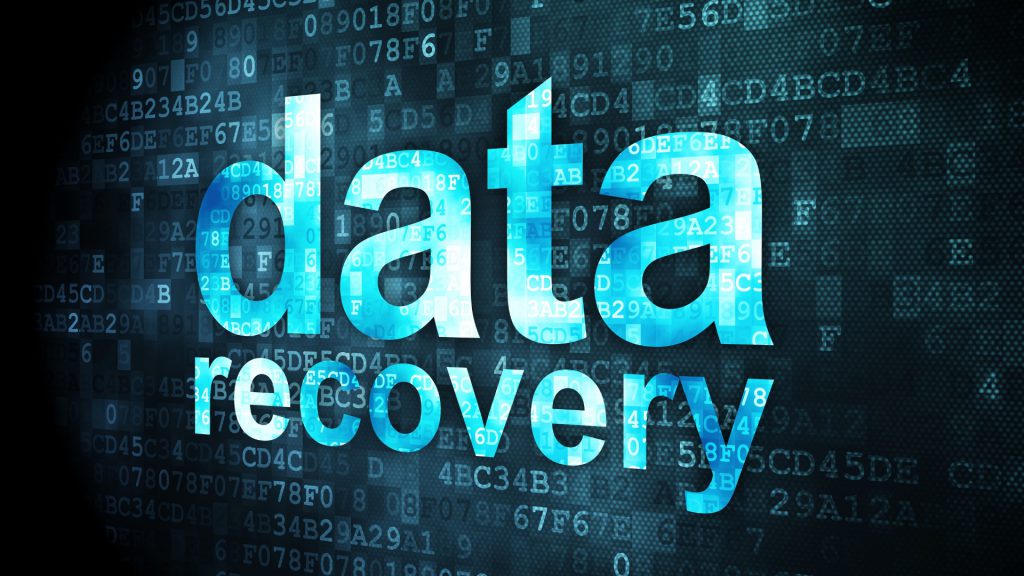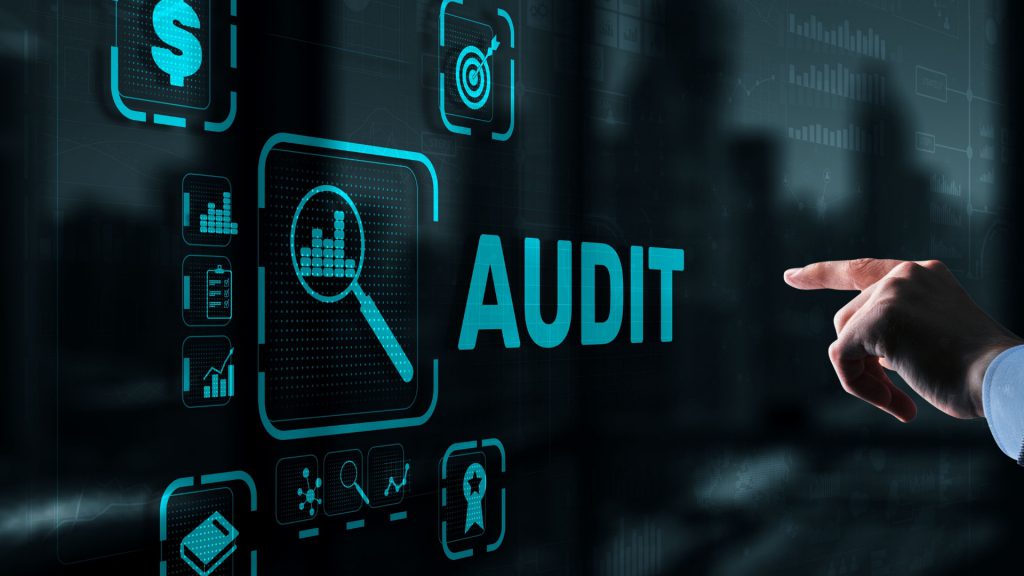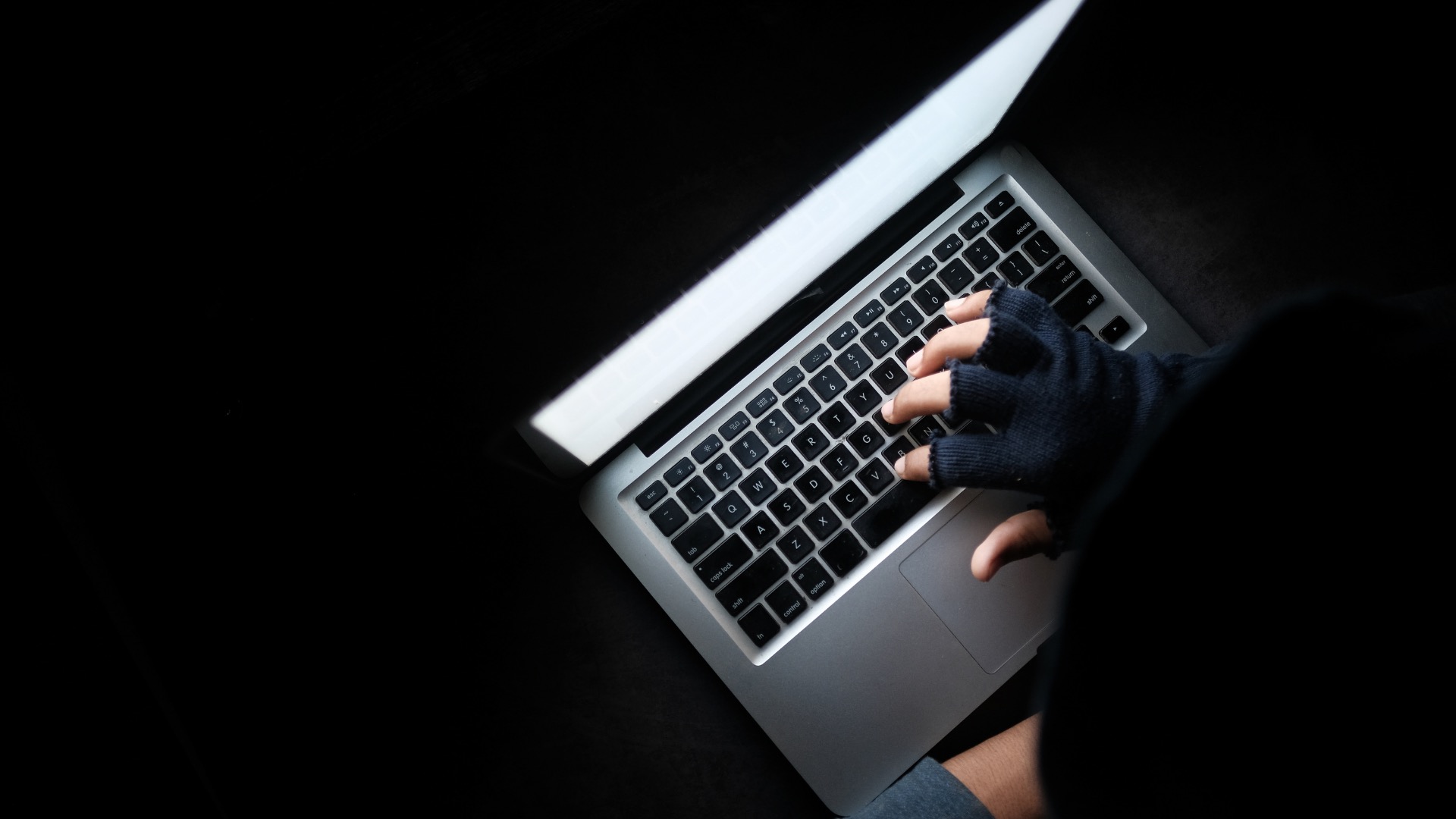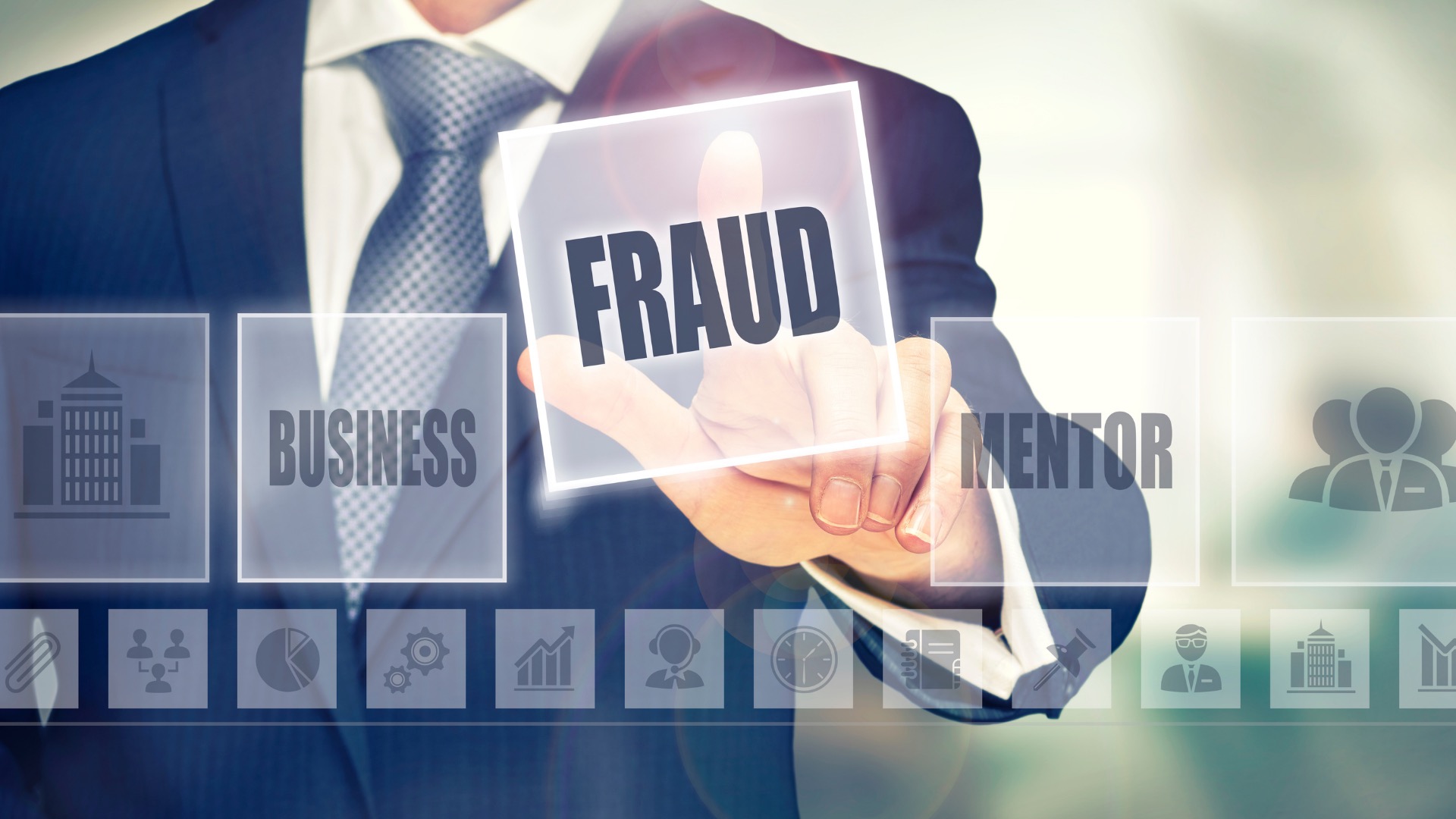Computer forensics services encompass a wide range of areas, including the ones not typically associated with the field of digital forensics in the traditional sense of the word. It’s truly one of the most diversified professions out there and every single case will test your mettle as a forensic computer examiner.
Contrary to popular belief, a certified forensic computer examiner is much more than someone who turns on a computer, goes through the files, and extracts whatever data may be of use when trying to crack a case. With the right set of skills, a cyber forensic expert can also recover the kind of data that criminals often try to hide, obfuscate, or delete.
To give you a better representation of what goes into the diversified landscape of computer forensics service, we’ll give you a glimpse into the various aspects of our work and present some unique challenges we may encounter along the way.
